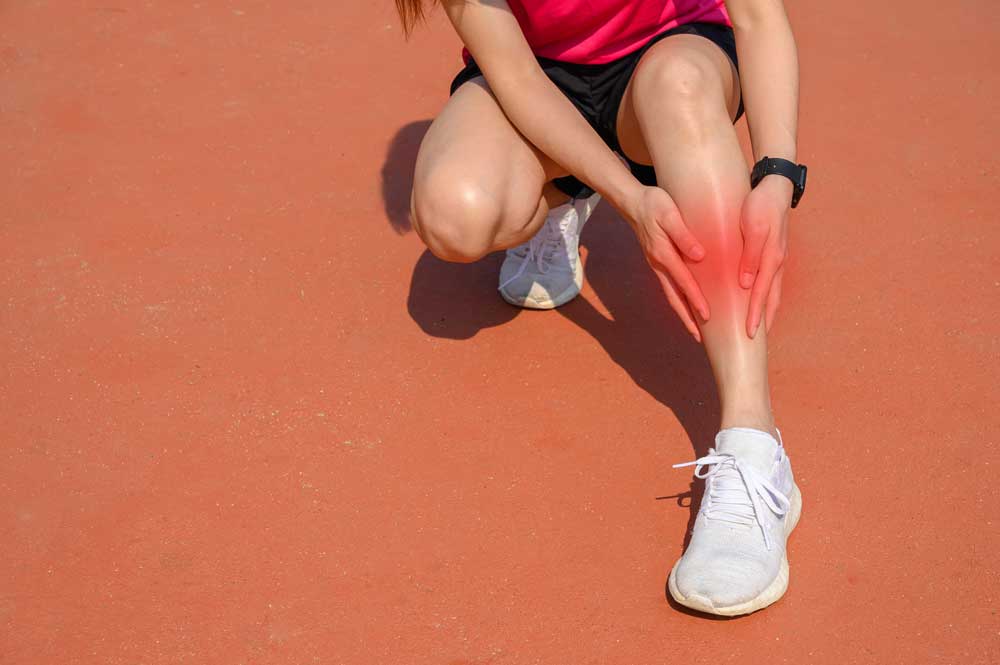What is it?
Shin splints is a common complaint, particularly amongst runners. Pain is generally felt along the inside and front edges of the shin (tibia) and can progress to become quite debilitating.
What CAUSES Shin Splints?
Overuse-Exercising too hard or trying to exercise beyond current level of fitness.
Flat (pronated) feet-The shin muscles (tibialis anterior and posterior) are involved in maintaining the arch of the foot. Flat (pronated) feet can pull at the shin tendons causing slight tearing.
High Impact Activities-Running on hard or uneven surfaces can injure the shin muscles and tendons.
Incorrect running technique-Poor running form, running on the forefoot, excessive foot dorsiflexion, poor heel strike.
- Weak and tight structures of the lower limb.
- Irregular menstruation female runners.
- Inappropriate footwear.
What are the SYMPTONS of Shin Splints?
- Tenderness on palpation
- Pain felt before, during or after activity
- Pain felt on either sides of the shin
PHYSIOTHERAPY TREATMENT OPTIONS
- Advice on rest and exercise, training progressions, return to sport.
- Exercises to improve muscle strength, endurance and flexibility.
- Taping for pain relief (Short Term)
- Manual therapy, soft tissue therapy and dry needling.
- Footwear assessment and foot Orthotics for your shoe.
WARNING IF LEFT UNTREATED STRESS FRACTURES CAN DEVELOP
Prevention tips
- Thorough Warm up
- Incorporate a regular stretching routine
- Wear appropriate footwear
- Cross train with low impact activities such as swimming, cycling
- Strengthen muscles of the lower limb
- Run on flat/soft surfaces
- Reduce intensity of training.
Speak to one of our friendly physiotherapists for more information and book in for a thorough biomechanical assessment.
PHYSIOTHERAPY TREATMENT OPTIONS
- Training and return to sport advice.
- Exercises to improve strength and function of the hip and thigh muscles.
- Taping for pain relief (acute phase)
- Manual therapy, mobilisations, soft tissue therapy and dry needling.
- Foot orthotics for your shoe (if required)
- Speak to one of our friendly physiotherapists for more information and book in for a thorough biomechanical assessment.


